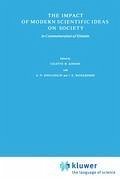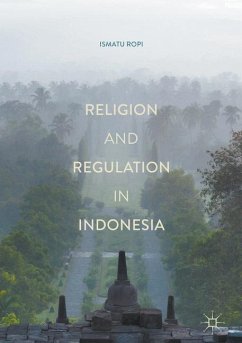
Thinking about Society: Theory and Practice
Versandkostenfrei!
Versandfertig in 1-2 Wochen
153,99 €
inkl. MwSt.
Weitere Ausgaben:

PAYBACK Punkte
77 °P sammeln!
I. C. Jarvie was trained as a social anthropologist in the center of British social anthropology - the London School of Economics, where Bronislaw Malinowski was the object of ancestor worship. Jarvie's doctorate was in philosophy, however, under the guidance of Karl Popper and John Watkins. He changed his department not as a defector but as a rebel, attempting to exorcize the ancestral spirit. He criticized the method of participant obser vation not as useless but as not comprehensive: it is neither necessary nor sufficient for the making of certain contributions to anthropology; rather, it a...
I. C. Jarvie was trained as a social anthropologist in the center of British social anthropology - the London School of Economics, where Bronislaw Malinowski was the object of ancestor worship. Jarvie's doctorate was in philosophy, however, under the guidance of Karl Popper and John Watkins. He changed his department not as a defector but as a rebel, attempting to exorcize the ancestral spirit. He criticized the method of participant obser vation not as useless but as not comprehensive: it is neither necessary nor sufficient for the making of certain contributions to anthropology; rather, it all depends on the problem-situation. And so Jarvie remained an anthro pologist at heart, who, in addition to some studies in rather conventional anthropological or sociological molds, also studied the tribe of social scien tists, but also critically examining their problems - especially their overall, rather philosophical problems, but not always so: a few of the studies in cluded in this volume exemplify his work on specific issues, whether of technology, or architecture, or nationalism in the academy, or moviemaking, or even movies exhibiting excessive sex and violence. These studies attract his attention both on account of their own merit and on account of their need for new and powerful research tools, such as those which he has forged in his own intellectual workshop over the last two decades.














